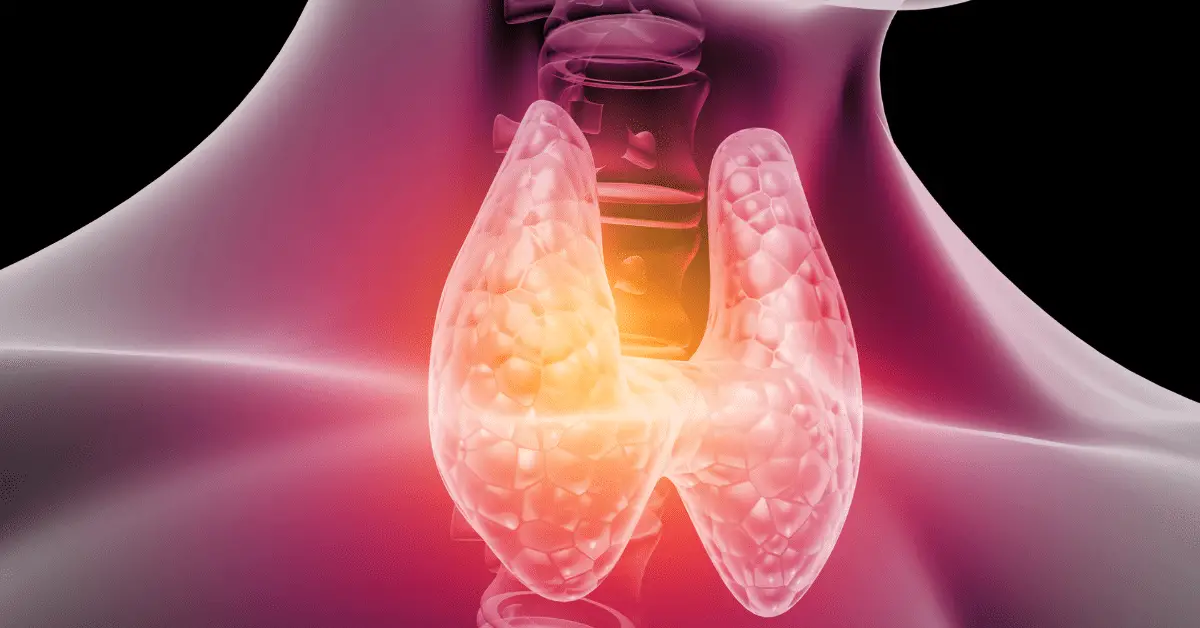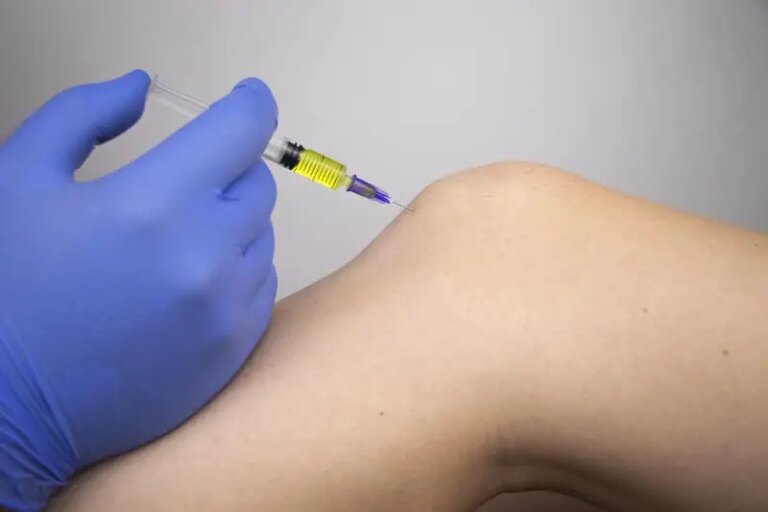Do you always feel cold, even when it’s warm outside and no one else is feeling your chill?
Do you hate air-conditioning and sitting under fans, or do you need extra layers of clothing when everyone else is stripping off?
The optimal temperature of the human body is 37 °C (98.6 °F), but factors such as exposure to environmental elements, hormones, metabolism, and disease can cause excessively low body temperatures. (4)
These are also nervous system disorders that alter our perception of cold. Feedback about body temperature is transmitted to our brains via our nervous and circulatory systems. Based on this, the body then adjusts our respiration, blood sugar, and metabolic rate. (4)
Sleep deprivation can also disrupt our sleep patterns. This, in turn, disrupts the release of hormones that regulate sensory nerves in our skin. If this occurs, our brain becomes less sensitive to temperature changes in the arms and legs and does not direct blood to them during our sleep. (1, 2)
As you can see, there are several reasons why you might often feel cold.
When the thyroid gland is not working properly, there are two main disorders: hypothyroidism and hyperthyroidism. Feeling cold is a symptom of hypothyroidism.
Thyroid hormones contribute to the development of the nervous system, the functioning of the basal metabolic rate, the cardiovascular system, the balance of lipid metabolism, and the maintenance of proper sleep patterns. (11)

Hypothyroidism and Symptoms
Hypothyroidism (an underactive thyroid) is caused by a reduction in the normal production of the hormone thyroxine. This harms the function of peripheral organs and tissues.
The manifestations of hypothyroidism vary depending on the age at which the disease occurs and its duration and severity.
Symptoms of hypothyroidism can include:
- Intolerance to cold
- Excessive muscle weakness
- Difficulty concentrating
- Weight gain
- Swelling of the face
- Dry skin
- Depression
- Slow movements, thoughts, and energy
- Brittle hair and nails
- Anemia
- Tiredness
Subsequently, other symptoms may also develop, such as:
- Slow heartbeat
- Constipation
- Irregular menstrual cycles.
- Mood swings
- Loss of libido
- Hearing loss
- Thinning eyebrows (5)
The majority of underactive thyroid cases are caused by the immune system attacking and damaging the thyroid gland or by damage from treatments for thyroid cancer or overactive thyroid.
Both damage the thyroid and cause it to fail to produce enough of the hormone thyroxine, resulting in the symptoms of an underactive thyroid.
The most common type of autoimmune reaction that causes an underactive thyroid is Hashimoto’s disease, which is common in people with another immune system disorder, like type 1 diabetes or vitiligo.
An underactive thyroid has also been linked to some medications used to treat other conditions, such as:
- Lithium– a medicine used to treat certain mental health conditions.
- Amiodarone – a medicine used to treat an irregular heartbeat
- Interferons – a medicine for Hepatitis C (5)
How Do I Get Diagnosed With Hypothyroidism?
If you suspect you may have hypothyroidism, a blood test measuring your hormone levels is the only accurate way to find out.
Diagnostic tests for hypothyroidism are the same for thyroid function (TSH, FT4, and specific autoantibodies). (6)
A high level of TSH and a low level of T4 in the blood could mean you have an underactive thyroid.
If your test results show raised TSH but normal T4, you may be at risk of developing an underactive thyroid in the future. Your healthcare provider may recommend that you have a repeat blood test every so often.
A thyroid antibody test may also be recommended after a thyroid function test. This is to help diagnose or rule out autoimmune thyroid conditions, such as Hashimoto’s thyroiditis. Your healthcare provider may also refer you to an endocrinologist. (5)
Monitoring your hormone levels are always recommended. By signing up for Dr. Nandi’s Newsletter, you will learn ways to help you cope with the lifelong condition of hypothyroidism.

My Personal RX: Prevention and Treatment
Important steps can be taken to help the thyroid function properly. You should focus on a diet with an adequate intake of iodine, zinc, and selenium. (5, 6, 7)
- Foods to consume include:
- Eggs
- Meat
- Fish
- Vegetables
- Fruits
- Gluten-free grains and seeds
- Dairy products
- Beverages: water and other non-caffeinated drinks
Foods that contain goitrogens (compounds that interfere with the normal function of the thyroid gland) should be eaten in moderation.
You should avoid eating processed foods, as they usually contain a lot of calories. This can be problematic if you have hypothyroidism, as you may gain weight easily. (7)
2. Foods to avoid:
- Millet: all varieties
- Highly processed foods
- Soy-based foods
- Certain fruits: peaches, pears, and strawberries
- Beverages: coffee and alcohol (7)
Treatments for hypothyroidism may be pharmacological and can involve taking the main thyroid hormone, levothyroxine. (5)
Adequate intakes of selenium and iodine are essential for thyroid health, but getting too much of either may cause harm. You should supplement with selenium and iodine only if a healthcare professional has instructed you to do so. (7)
I recommend taking my Thyroid support supplement daily to maintain a healthy thyroid function and download my free step-by-step 50-page protocol guide and find out how to optimize your health and wellness.
How to Combat Feeling Cold
Keeping warm is both an inside and outside job for hypothyroidism sufferers.
Exposure to sunlight affects hormones that have an impact on brain chemistry and the endocrine system. When your skin is exposed to sunlight, it makes vitamin D (which is critical for thyroid health) out of cholesterol. The sun’s ultraviolet B (UVB) rays hit cholesterol in the skin cells, providing energy for vitamin D synthesis to occur. (8, 9)
You can exercise to warm up, which raises your metabolism. You can also use hand and feet warmers, electric blankets, and hot water bottles to warm up different areas of the body.
Thermogenic foods can help boost metabolism by thermogenesis, a process in which the body burns calories to use the food you just ate, converting those calories to heat.
Thermogenic foods include spices, peppers, avocados, saturated fats from meats and butter, and coconut oil. Eating protein, hot soups, and stews, and drinking hot or warm beverages helps too. (10)
When you sign up for Dr. Nandi’s Newsetter, you will receive weekly updates on health and food industries, so you don’t miss anything important like information on thyroid hormone levels.
You’ll stay up-to-date with news on healthy lifestyles and you regularly receive some cool tools for your life and health.

Sources:
- https://www.verywellhealth.com/why-do-you-feel-cold-all-the-time-4147618
- https://www.sciencedirect.com/science/article/pii/S2468867319301804?via%3Dihub
- https://www.ncbi.nlm.nih.gov/books/NBK507838/
- https://www.britannica.com/story/how-does-the-human-body-maintain-its-temperature
- https://www.nhs.uk/conditions/underactive-thyroid-hypothyroidism/symptoms/
- https://www.emergency-live.com/health-and-safety/feeling-cold-this-could-be-a-symptom-of-hypothyroidism/amp/
- https://www.healthline.com/nutrition/hypothyroidism-diet#foods-to-avoid
- https://platform.almanhal.com/Reader/Article/52624
- https://www.healthline.com/nutrition/vitamin-d-from-sun#distance-from-the-equator
- https://www.livestrong.com/article/198798-thermogenic-foods-list/
- https://www.ncbi.nlm.nih.gov/pmc/articles/PMC4044302/




















